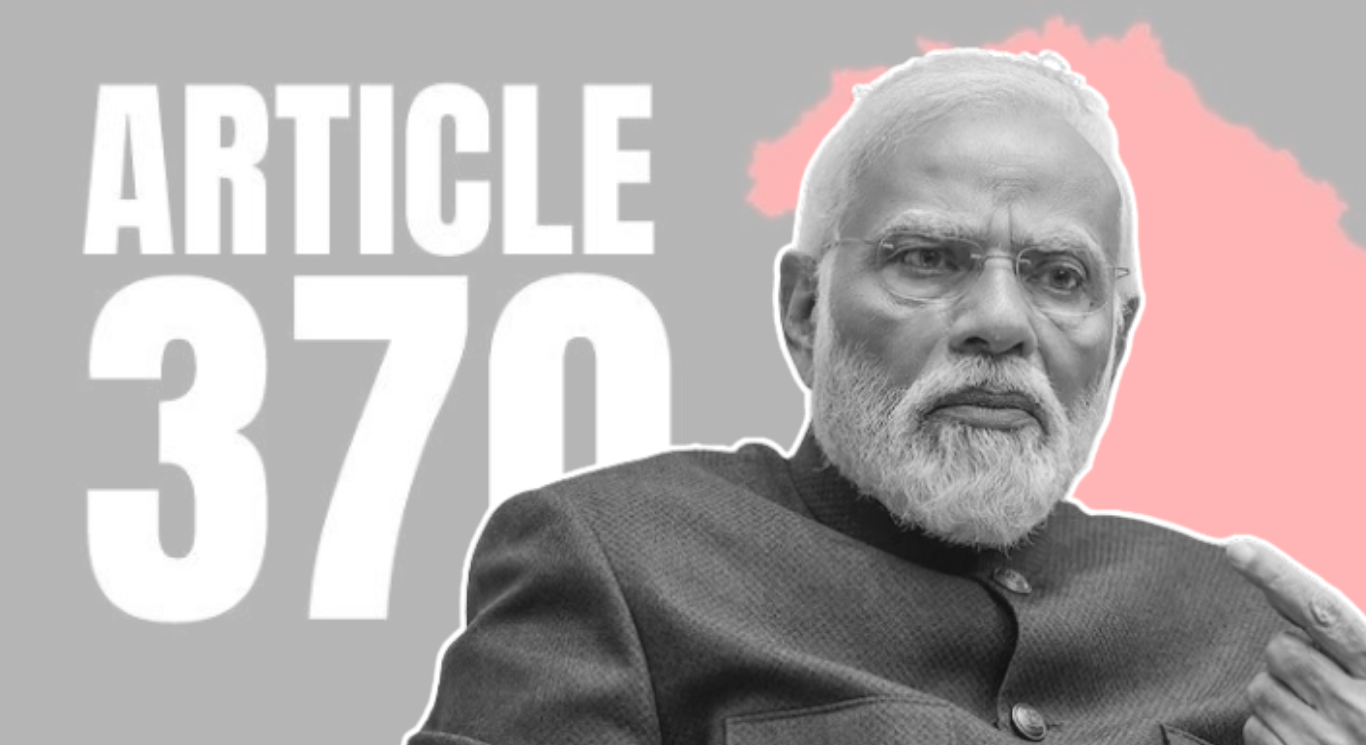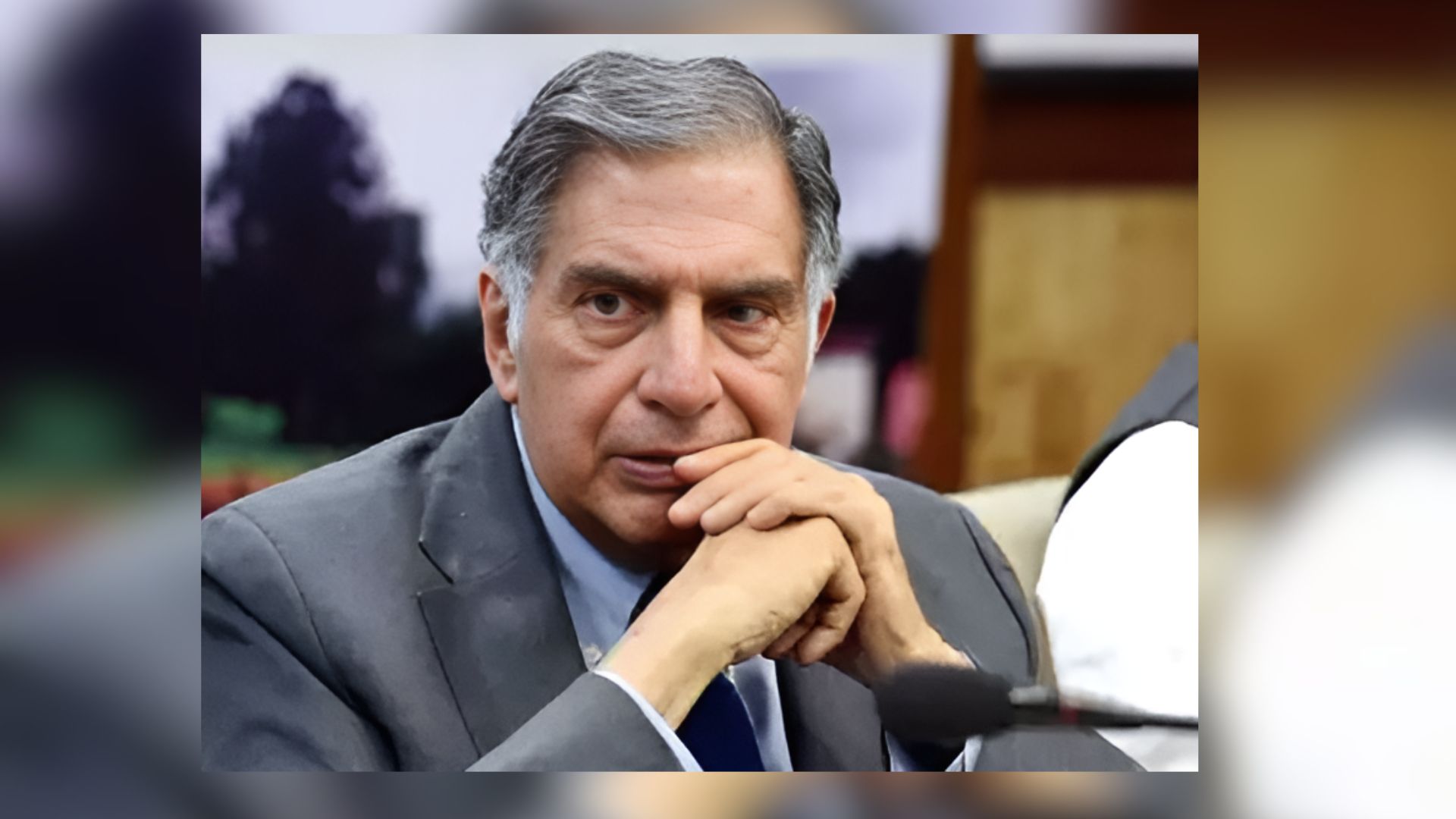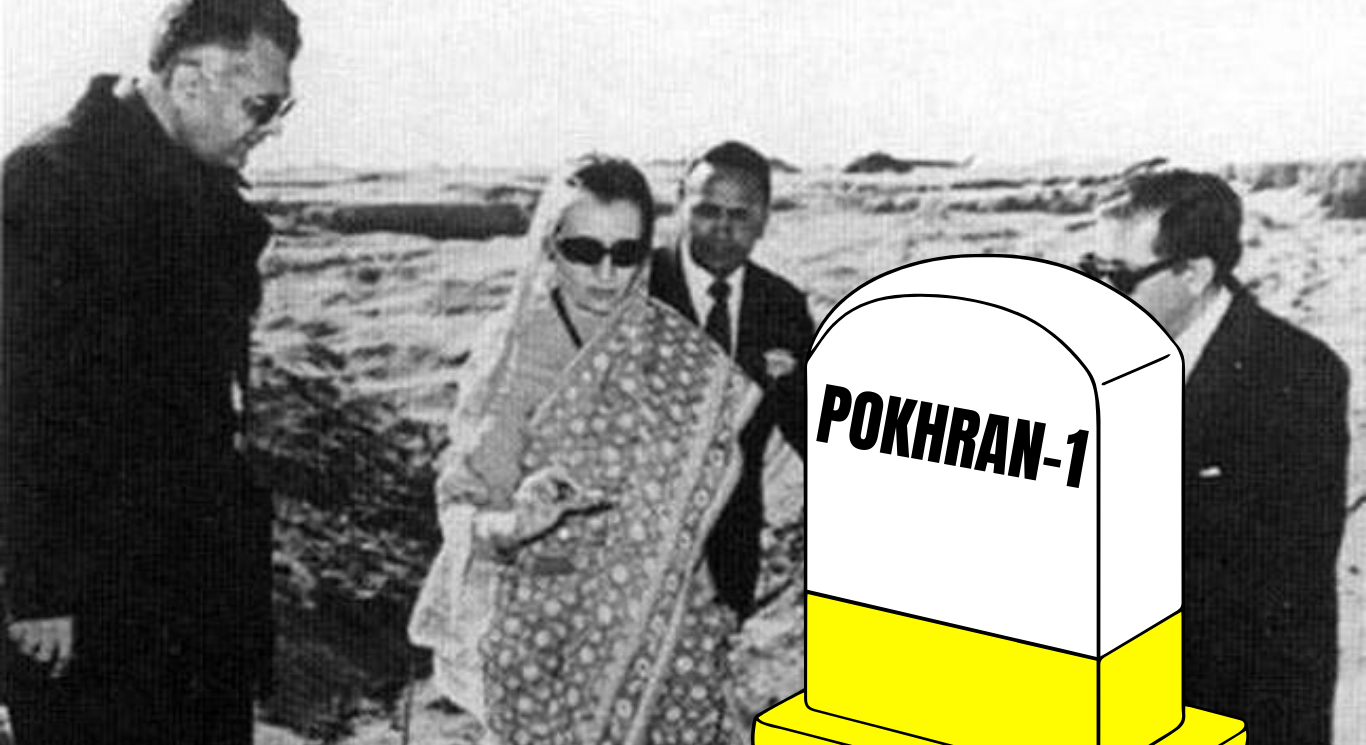










The status of the border will decide the health of the India-China relationship, External Affairs Minister S Jaishankar said on Monday, emphasising the importance of ties based on mutual sensitivity, mutual respect, and mutual interest.
The foreign minister’s remarks came amid a prolonged military standoff between the two nations at a series of flashpoints in eastern Ladakh.
In his speech at the founding of the Asia Society Policy Institute, Jaishankar stated that much of Asia’s future rests on how ties between India and China evolve in the near future and that the region lacks any kind of agreed architecture.
“For relationships to return to a good trajectory and be durable,” he stated, “they must be founded on three mutuals: mutual sensitivity, mutual respect, and mutual interest.”
“Of course, you are all aware of their current situation. I’ll just say it again: the status of the border determines the state of the relationship “He said.
For almost two years, Indian and Chinese forces have been locked in a stalemate at a series of flashpoints in eastern Ladakh.
Despite the fact that the two sides disengaged in various regions of the region as a consequence of high-level military negotiations, there has been no substantial breakthrough.
In terms of the larger vision for Asia, Jaishankar believes that a limited “Asian nationalism” is really detrimental to the continent’s interests.
“Asia would want to profit from the open doors of other areas precisely because it is so vibrant and inventive. That cannot possibly be a one-way street “He said.
China has grown increasingly wary of the Quad, which consists of India, the United States, Australia, and Japan.
“Developing even a fundamental strategic agreement in Asia is plainly a daunting challenge.
As the international order changes, the desire to selectively maintain components of the 1945 scenario while modifying others – as seen in the UN – complicates global politics “According to Jaishankar.
He stated that there are resident powers in Asia, such as the United States, as well as nearby ones, such as Australia, that have legitimate interests in the continent.
“Their participation is also critical to preserving the global commons. The universalist vision of India, embodied in the belief in the world as a family, urges it to move beyond exclusivist methods “He stated.
In relation to the Bandung Conference’s “Asia for Asians” approach, he stated that it was fostered by political romanticism, which was quickly debunked.
According to Jaishankar, a unified front works when individuals are confident in the goal, which necessitates at least a reasonable level of mutual trust.
“Even in the past, this was a difficult hurdle to overcome. It is undeniably more challenging now. Asia for Asians is an attitude that has previously been pushed, even in our own nation, by political romanticism “He stated.
“The Bandung spirit, on the other hand, was confronted with reality within its first decade. Indeed, history has shown that Asians are second to none when it comes to realpolitik “He noticed.
The Bandung Conference of 1955, attended by India, Pakistan, Burma, Ceylon (now Sri Lanka), and other countries, was regarded as a major initiative because the leaders of the participating countries agreed on peaceful coexistence and freedom from the hegemony of the superpowers against the backdrop of the Cold War between the United States and the Soviet Union.
According to Jaishankar, the “three shocks” of the Covid epidemic, the Ukraine crisis, and weather disruptions are all influencing the evolution of the Asian economy.
“Together, they create a compelling argument for more growth engines and durable and dependable supply chains,” he added.
Read more: China refuses to allow India and the US to censure the leader of the JeM at the UNSC









